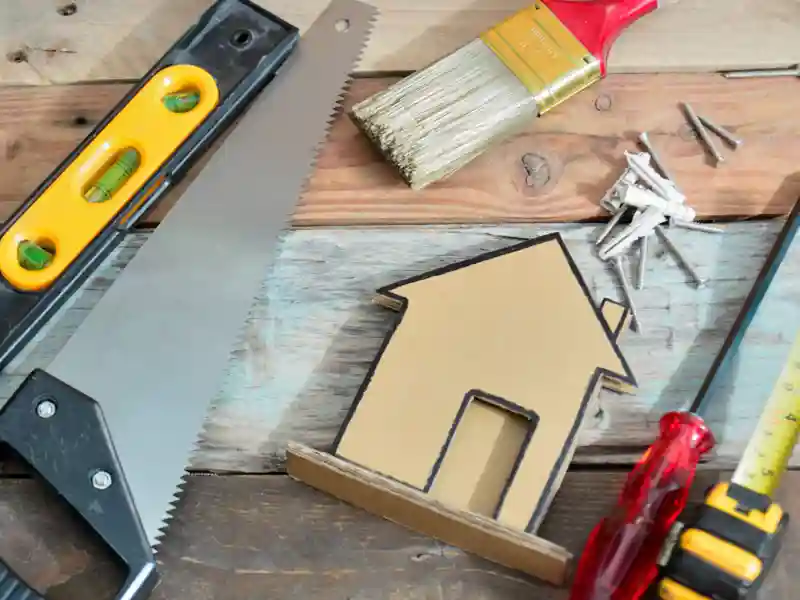
Major repairs — whether it’s a car engine failure, roof leak or plumbing emergency — can be stressful, both personally and financially. Planning and budgeting for these kinds of large, unexpected expenses are crucial to avoid compromising your financial health — and dipping into your retirement savings to pay for them.
Strategies for Financing Major Repairs
Having a dedicated emergency fund is one of the best ways to prepare for unexpected repairs. Aim to save three-to-six months’ worth of expenses in a high-interest, FDIC-insured savings account. This fund will act as your financial cushion, helping to prevent you from relying on high-interest credit cards or loans. If you decide to use a credit card, try to pay off the balance as quickly as you can to avoid accruing costly interest charges.
For homeowners, a home equity loan might be a viable option for financing major repairs. These loans typically offer lower interest rates compared to credit cards. However, it’s important to remember that your home is used as collateral, which means you’re putting it at risk if you fail to repay the loan.
How to Avoid Overpaying on Repairs
Doing your homework can help you save. Start by conducting online research to look up average costs for the type of repair you need. According to data from the Bureau of Labor Statistics, for example, the cost of auto repair and maintenance increased more than 36% from 2019 to 2024, making it more important than ever to know what to expect — and what’s reasonable.
Note that prices, whether for your plumbing or pickup truck, can vary significantly depending on where you live. Consider joining a community social networking service like Nextdoor to see what others in your area have paid for similar repairs.
Always get at least three estimates from different repair shops or contractors.
Comparing prices and services will give you a better idea of the going rate and help you avoid getting overcharged. Reading reviews on platforms such as Google, Yelp or the Better Business Bureau can help ensure the repair shop or contractor has a solid reputation. Additionally, ask for recommendations from friends, family or colleagues who’ve had similar work done — because the last thing you want is a botched job that then requires you to find someone who can fix an unqualified serviceperson’s shoddy repair.
Also, don’t hesitate to negotiate on price. Sometimes, repair shops or contractors are willing to lower their rates to earn your business. Before paying out of pocket, check to see if any existing warranties will cover the repair.
Preventive Measures
Preventing costly repairs starts with making sure you have appropriate insurance coverage for your home and car. Regularly review policies to ensure they meet your current needs, especially if you have an older car or home. You can also consider purchasing a home warranty that covers major home systems and appliances. While this can save you from hefty repair bills, note what systems and types of repairs are excluded from coverage and be sure to research the reputation of the warranty company itself.
Routine maintenance is key to preventing major repairs. Regularly maintain your car and home systems. For instance, changing your car’s oil on schedule and inspecting your home’s roof annually can prevent much bigger problems down the line. Conduct seasonal checks of your home and car to prepare for weather-related damage.
Hiring professionals for regular inspections can also help catch potential issues early. For homes, this includes HVAC, plumbing and electrical systems. For cars, it means comprehensive vehicle checkups.
Learning basic maintenance skills can empower you to handle minor repairs yourself, preventing small problems from becoming major ones. Additionally, sometimes spending more on higher quality materials or parts can save money in the long run by avoiding more frequent repairs.
It’s Not a Question of if, but When
Planning for major repairs involves a combination of saving, smart spending and preventive measures. By following these strategies, you can manage repair costs and help mitigate any impact on your retirement savings, ensuring greater financial stability even in the face of unexpected expenses.
Source